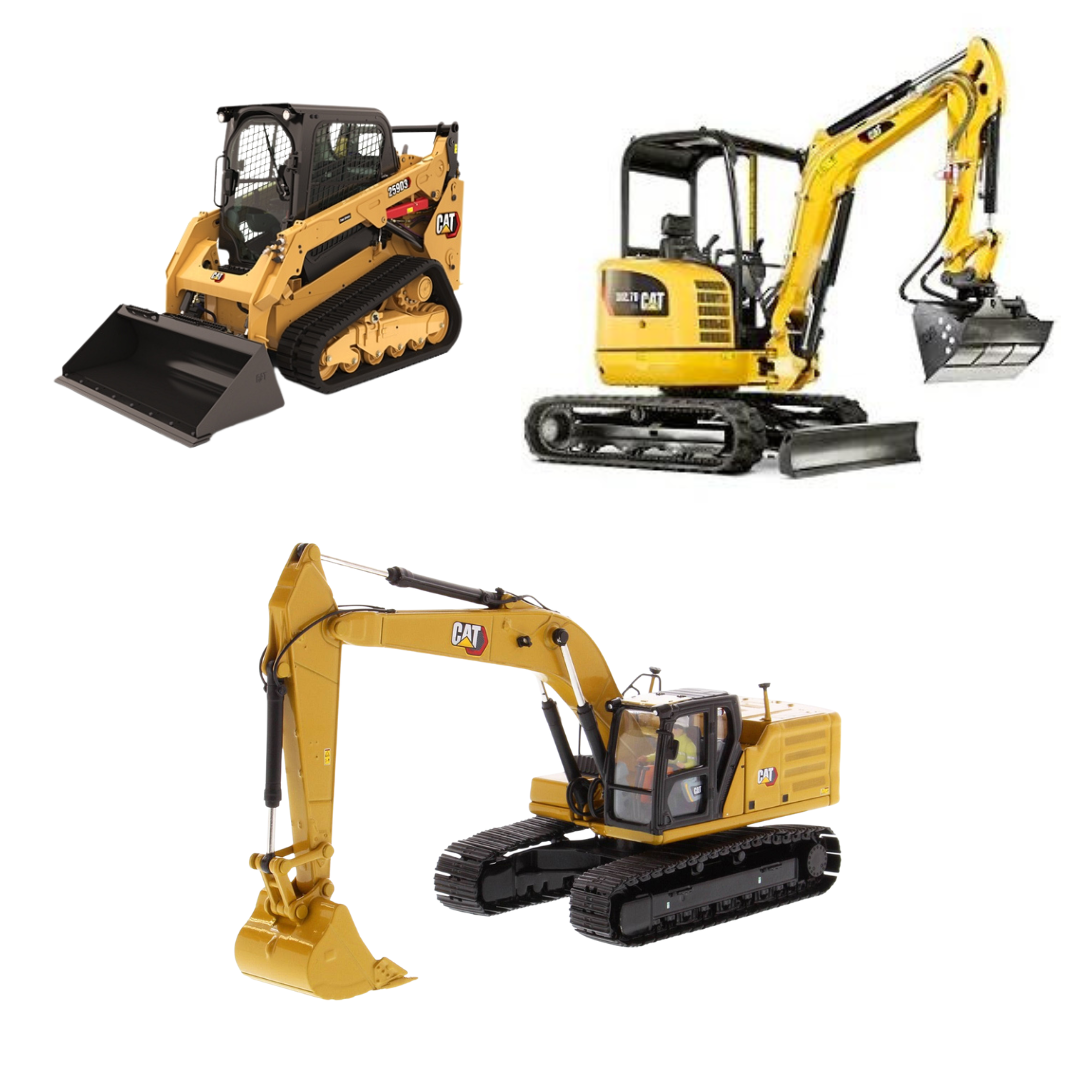Rental Company Near Me: Neighborhood Solutions for Equipment Rentals
Rental Company Near Me: Neighborhood Solutions for Equipment Rentals
Blog Article
Maximize Your Spending Plan by Comprehending the Prices Connected With Construction Devices Leasings
Comprehending the complete extent of expenses associated with construction tools leasings is crucial for maximizing your budget. What techniques can be used to properly handle these expenses and ensure a more reliable rental experience?
Introduction of Rental Prices
When taking into consideration building and construction devices leasings, comprehending the associated prices is paramount for efficient budgeting and project planning. Rental prices can differ considerably based on a number of factors, including tools type, duration of service, and area. The preliminary rental fee commonly shows the devices's market demand and its connected operational capacities, affecting the general expense.
Along with the base rental rate, ancillary costs may occur, such as transport charges, gas surcharges, and upkeep charges. It is important to represent these extra costs to accurately analyze the total expense of renting out tools. The rental duration can impact prices; longer leasings may certify for discounted prices, while temporary services might incur greater daily fees.

Break Down of Rental Prices
A thorough understanding of rental prices is important for service providers and project managers aiming to maximize their budgets. Rental prices for construction equipment commonly include several elements, consisting of base rates, time-based charges, and usage costs.
Base rates are the core costs connected with the service of the equipment, frequently determined by the kind and size of the machinery. These prices can differ considerably, influenced by factors such as equipment demand, availability, and regional market fads. Time-based charges, which may be daily, weekly, or monthly, serve to fit different task timelines and rental durations.
Furthermore, rental rates may consist of usage charges, which are appropriate when tools is utilized beyond a defined threshold, making sure that the rental business can account for damage. Seasonal need changes can also influence rental prices, with peak construction seasons generally commanding greater rates.
Furthermore, comprehending the rental firm's policies concerning upkeep and insurance can give additional insight into the general expense framework. By analyzing these components, contractors can make educated choices, ensuring the selection of rental devices straightens with both job requirements and budget restraints.
Extra Costs to Consider
Recognizing the details of extra fees is critical for professionals to handle their total rental expenses successfully. Beyond the conventional rental rates, numerous supplementary charges can substantially impact the complete expense of devices service. These charges commonly include delivery and pick-up costs, which can differ based upon range and logistics associated with moving the tools to and from the task website.
In addition, some rental companies might enforce gas additional charges if the equipment is returned with less gas than when rented out. It is likewise vital to recognize possible cleaning costs, especially for customized tools that needs comprehensive upkeep after use.

Extensively evaluating the rental contract and making clear these additional charges in advance can aid service providers stay clear of unanticipated prices and make certain that spending plans remain undamaged throughout the task lifecycle.
Repair And Maintenance Expenditures
Normal repair and maintenance expenses are often forgotten elements that can significantly influence the general cost of building and construction tools leasings. When renting devices, it is vital to think about my company not just the rental fees but additionally the prospective expenses connected with maintaining the equipment in ideal operating condition.
Numerous rental business include basic maintenance as part of the rental arrangement; nonetheless, more extensive repairs or unanticipated malfunctions can bring about extra expenditures. It's crucial to examine the rental contract carefully to comprehend what upkeep services are covered and what duties fall on the occupant.
Furthermore, equipment that is not properly maintained can cause ineffectiveness at work website, potentially triggering delays and increasing task expenses. To minimize these risks, it is recommended to conduct normal assessments and keep open communication with the rental provider concerning any type of problems that develop throughout use.
Insurance Policy and Responsibility Costs
Insurance coverage and obligation costs are crucial parts that can considerably influence the total expenditure of building equipment services (mini excavator rental). These expenses ensure that both the rental business and the customer are secured from possible financial losses arising from accidents, damages, or theft throughout the rental duration

Furthermore, customers need to know any deductibles or exemptions in the insurance plan, as these can influence possible out-of-pocket expenses. Recognizing the conditions of any insurance policy protection is crucial to stay clear of unanticipated expenses. Eventually, budgeting for insurance and responsibility expenditures can aid make certain a smoother rental experience and safeguard against economic threats linked with construction tasks.
Verdict
In final thought, a thorough understanding of the expenses connected with building and construction devices leasings is essential for efficient budget plan management. Ultimately, educated decision-making relating to devices services adds to the general success of construction ventures.
Rental prices can differ substantially based on several factors, including equipment type, period of service, and location (construction equipment rentals). The rental period can impact prices; longer services may certify for reduced prices, while short-term services may sustain higher everyday costs
By conducting her latest blog thorough research and engaging with reputable rental business, contractors can effectively browse the intricacies of rental pricing, inevitably maximizing their monetary sources.
Past the common rental rates, different additional charges can significantly impact the total cost of devices leasing. Rental business typically give obligation insurance that covers injuries to 3rd celebrations or damage to property, while rc heavy equipment for adults devices damages insurance policy can cover the price of repair work or replacement if the leased tools is damaged.
Report this page